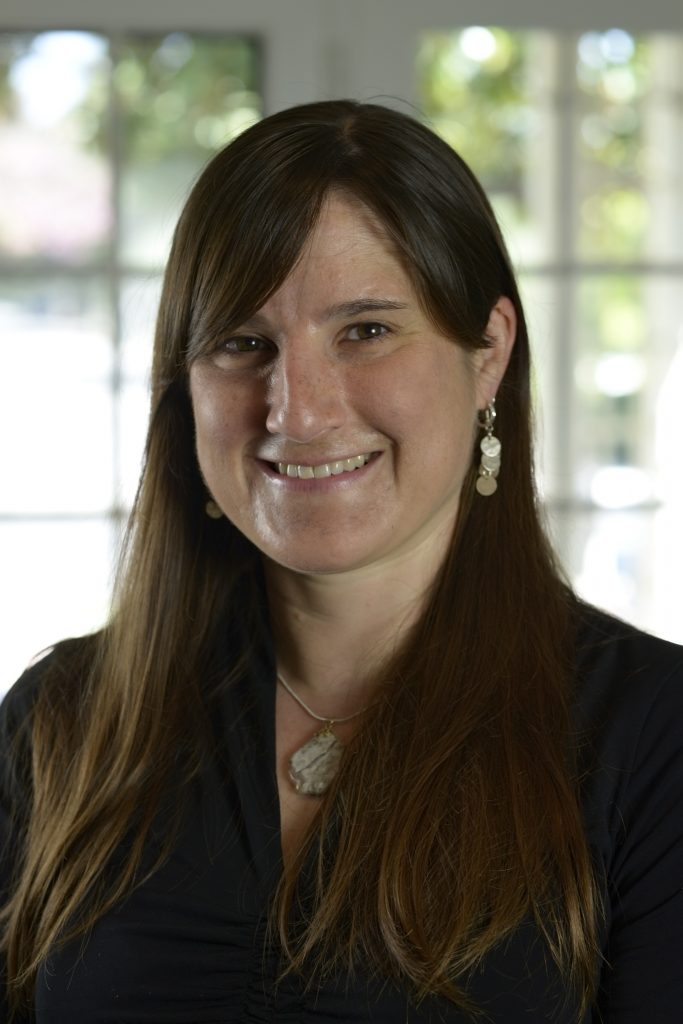A RESEARCHER for a Scottish university has been awarded £900,000 in funding to research how some bacteria can survive in inhospitable environments.
Dr Megan Bergkessel, from the University of Dundee received the funding from the UK Research and Innovation (UKRI) to understand these bacterias and look for new treatments
Dr Bergkessel seeks to understand how bacteria can survive and grow in inhospitable environments with little food.
This research will inform new treatments for chronic bacterial infections, which are difficult to treat and can be fatal.

Dr Bergkessel and her team also aim to harness the beneficial activities of bacteria on plants.
She believes that having a better understanding of bacteria’s non-growing “survival” states could help in devising better strategies for treating chronic infections, and for harnessing beneficial activities of bacteria on plants.
The investment will propel the next generation of researchers as they lead cutting-edge projects.
Dr Bergkessel said: “We think they commonly encounter these kinds of conditions in the natural world, including when they are causing infections. Importantly, they are able to survive exposure to antibiotics whenever they are not growing, because antibiotics target the processes they use to grow and divide.
“This award provides long-term support, so we can dedicate the necessary time and effort to really understanding the basic science of bacterial survival, and then also have time to form collaborations and begin to figure out how to apply that understanding toward solving problems like the increase in antibiotic resistance, and the need for alternative strategies to improve crop yields.”
UKRI Future Leaders Fellowships support early career researchers and innovators with outstanding potential.
More than 101 of the UK’s top researchers from all over the country have received a portion of a £109 million investment as part of UK Research and Innovation’s Future Leaders Fellowships.
